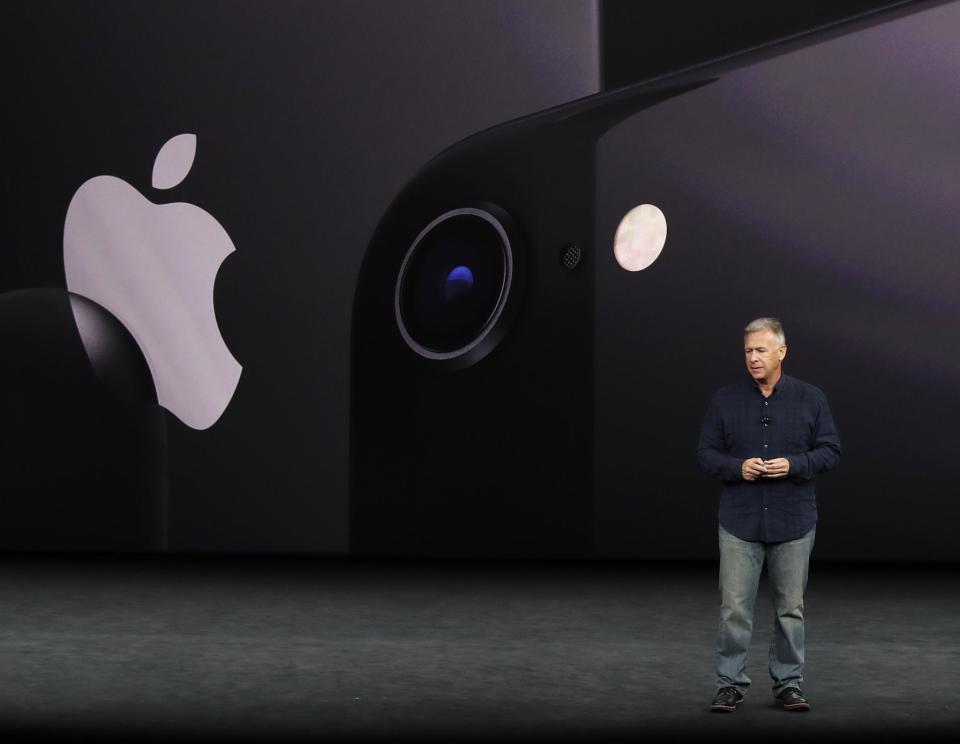iOS 11 release date: iPhone users urged to check new software update won't break their apps

iOS 11 is about to arrive, bringing with it a host of new features. But it might be removing some, too.
The new update will end Apple's support for a range of different apps by stopping them working if they're 32-bit. Because Apple is using new 64-bit processors, it takes extra work to make those older apps work, and so the company is cutting off support for them entirely.
It means that once iOS 11 arrives tonight, the apps will stop working entirely on phones that are updated.
Luckily, there's an easy way to check which of your apps won't be working once you switch over. By heading to the Settings app, and choosing "general", then "about", and then clicking through to "applications", you'll be able to see all of the incompatible apps.
It's unlikely that any of the apps you'll see in there will be big ones. All of the world's biggest apps – Facebook, Snapchat, WhatsApp and so on – have been updated for 64-bit for a long time, and so switching over to using them on the new version of iOS will be entirely seamless.
Instead, the most likely suspects will be apps that are smaller but often just as important, like those you use for work or any small businesses that you shop at. Any apps that were released long ago but now aren't updated any more will obviously stop working, too.
(There's probably going to be a lot of old apps that you downloaded a long time ago and forgot about, in which case they're obviously best ignored and deleted.)
For many apps that are still being updated, developers are likely to remake their apps so that they'll work on iOS 11, given that they will soon stop almost everyone from using them. But that's likely to take time.

 Yahoo News
Yahoo News 